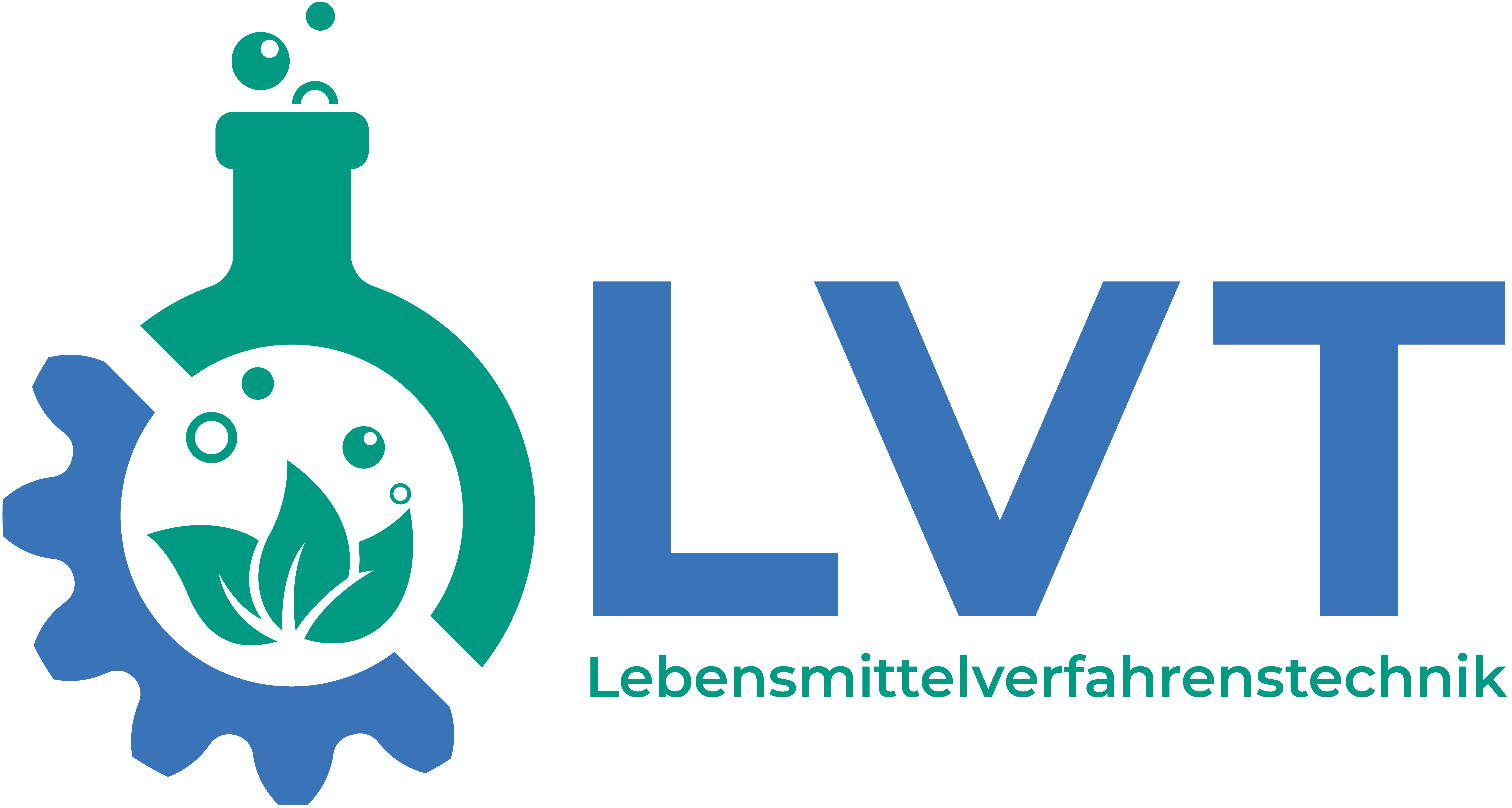
M.Sc. Christina Opaluwa (geb. Kendler)
- group:
Extrusion
- room: 404
- phone: +49 721 608 43608
- fax: +49 721 608 45967
- christina opaluwa ∂does-not-exist.kit edu
Postanschrift: Kaiserstr. 12
Liefer- und Besucheranschrift: Gotthard-Franz-Straße 3
Geb. 50.31, 4. OG
D-76131 Karlsruhe
About myself
I discovered my interest in food process engineering and especially in extrusion during my studies of "Food Technology and Biotechnology" at the Technical University of Munich. During my bachelor thesis I gained first insights into the extrusion of whey proteins with the aim to produce microparticulates as fat substitutes. Also in my master thesis at the Fraunhofer Institute IVV in Freising I have been working on the field of extrusion. The focus was on the substitution of fish meal in fish feed by plant proteins.
January 2019, I started my doctoral studies as part of my work as a research assistant in the research group “Extrusion of biopolymeric materials”
Research focus
Extrusion is a continuous high-temperature short-time process in which a variety of product components can be mixed, sheared and heated by simultaneous thermal and mechanical stress. The main purpose of the extrusion of biopolymers, such as starch, dietary fibres or proteins, is the texturisation and the functionalisation of the raw materials in order to produce products with novel structures.
An interesting field of application is the extrusion of plant proteins at high moisture contents with an attached cooling die in order to produce meat substitutes. The proteins form fibrous, anisotropic structures which resemble the product properties of meat in appearance, colour and texture. However, meat substitutes produced in this method often do not adequately resemble the sensorical properties of meat, especially in terms of mouthfeel, such as juiciness. Since the characteristic mouthfeel of meat is produced by the composition of muscle fibres and intramuscular fat, it can be assumed that the addition of oil can significantly improve the sensorical properties of meat substitutes.
The main focus of my research is therefore to investigate the influence of oil on the extrusion process, the material properties such as rheological properties, molecular structure changes and product properties.
Methods
The extrusion trials are performed on a co-rotating twin-screw extruder. It is known that the rheological properties in the extruder and in the cooling die strongly influence the final product properties. Therefore, rheological data can be measured directly in the extrusion process using an inline rheometer. In addition, a "CCR" closed cavity rheometer is used at our institute to perform rheological measurements under defined, extrusion-like conditions. In the CCR, changes in the rheological properties due to thermomechanical treatment are directly indicated and thus conclusions can be drawn about the material properties in the extrusion process.
Publications
Opaluwa, C.; De Angelis, D.; Summo, C.; Karbstein, H. P.
2025. Food Hydrocolloids, 163, 111038. doi:10.1016/j.foodhyd.2024.111038
Opaluwa, C.; Deskovski, S.; Karbstein, H. P.; Emin, M. A.
2024. Future Foods, 9, Art.-Nr.: 100307. doi:10.1016/j.fufo.2024.100307
Opaluwa, C.; Lott, T.; Karbstein, H. P.; Emin, M. A.
2023. Future Foods, 7, Art.-Nr.: 100222. doi:10.1016/j.fufo.2023.100222
Opaluwa, C.
2023, March 15. Jahrestagung der DECHEMA-Fachgruppen Hochdruckverfahrenstechnik und Lebensmittelverfahrenstechnik (2023), Bochum, Germany, March 13–15, 2023
De Angelis, D.; Opaluwa, C.; Pasqualone, A.; Karbstein, H. P.; Summo, C.
2023. Current Research in Food Science, 7, Art.-Nr.: 100552. doi:10.1016/j.crfs.2023.100552
Opaluwa, C.; Karbstein, H. P.; Emin, M. A.
2022, March 10. Jahrestreffen der ProcessNet-Fachgruppen Lebensmittelverfahrenstechnik und Trocknungstechnik (2022), Frankfurt am Main, Germany, March 10–11, 2022
Opaluwa, C.; Karbstein, H.; Emin, M. A.
2022. 21st IUFoST World Congress of Food Science and Technology (2022), Singapore, Singapore, October 31–November 3, 2022
Opaluwa, C.; Deskovski, S.; Karbstein, H.; Emin, M. A.
2022. 36th EFFoST International Conference (2022), Dublin, Ireland, November 7–9, 2022
Opaluwa, C.; Lott, T.; Karbstein, H.; Emin, M. A.
2022. 2nd NIZO Plant Protein Functionality Conference (2022), Online, October 11–13, 2022
Kendler, C.; Duchardt, A.; Karbstein, H. P.; Emin, M. A.
2021. Foods, 10 (4), Art.-Nr.: 697. doi:10.3390/foods10040697
Presentations
Opaluwa, C.
2023, March 15. Jahrestagung der DECHEMA-Fachgruppen Hochdruckverfahrenstechnik und Lebensmittelverfahrenstechnik (2023), Bochum, Germany, March 13–15, 2023
Opaluwa, C.; Karbstein, H.; Emin, M. A.
2022. 21st IUFoST World Congress of Food Science and Technology (2022), Singapore, Singapore, October 31–November 3, 2022
Posters
Opaluwa, C.; Karbstein, H. P.; Emin, M. A.
2022, March 10. Jahrestreffen der ProcessNet-Fachgruppen Lebensmittelverfahrenstechnik und Trocknungstechnik (2022), Frankfurt am Main, Germany, March 10–11, 2022
Opaluwa, C.; Deskovski, S.; Karbstein, H.; Emin, M. A.
2022. 36th EFFoST International Conference (2022), Dublin, Ireland, November 7–9, 2022
Opaluwa, C.; Lott, T.; Karbstein, H.; Emin, M. A.
2022. 2nd NIZO Plant Protein Functionality Conference (2022), Online, October 11–13, 2022

